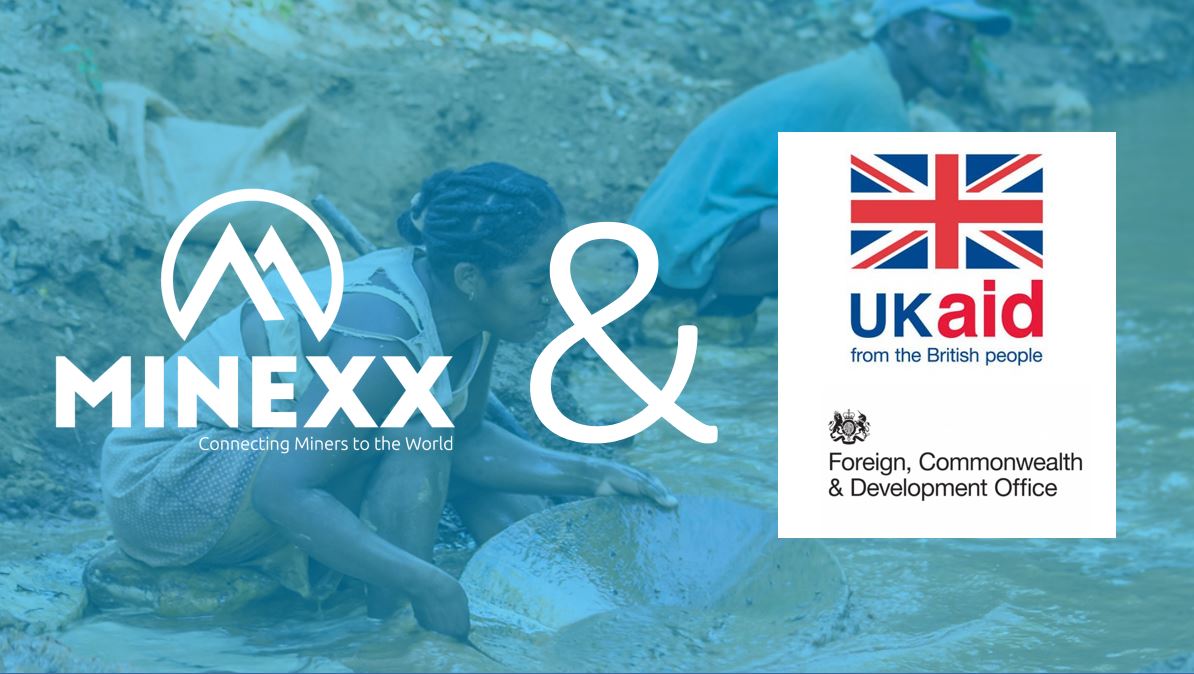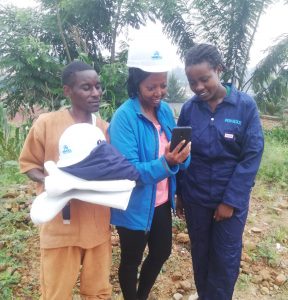Our mission is to secure the mineral value chain from earth to tech, from the moment a mineral comes out of the ground through the efforts of artisanal miners to the point where it is a component in your smartphone.
We at Minexx use blockchain technology and digital payments to bring traceability, transparency and trust throughout the supply chain up to and including the tech and electronics sectors.
Minerals are essential for your smartphone or electric car, but technology companies struggle to answer seemingly simple questions such as who mined this? How much were they paid? Was the tax paid correctly? Artisanal miners produce significant quantities of minerals which fuel our ever-increasing appetite for tech. But often these miners operate in challenging conditions and are vulnerable to exploitation.
The value chain is opaque and outdated, and in some places corrupt.
Minexx’s blockchain platform is at the heart of the solution to create a trusted data layer along the value chain as we look to connect miners to the world. In the project with FCDO we are testing whether cooperatives, team leaders, and miners accept digital payments and the best methods to introduce them. Miners are able to confirm the exchange of ore for income via mobile payment and a picture as proof of the exchange. This is essential for compliance and reduced risk downstream as well as bringing the miners into the financial system, reducing corruption upstream.
As part of our project with the FCDO, we will be livestreaming our learnings. Here is a summary of our three key learnings from the first month on the project.
Commodity traders provide majority of existing access to credit
Between the earth and your laptop or electric car, minerals travel through 8 stages. One of these is commodity traders who purchase the minerals from a major city near mine sites and transport them to the smelter. They provide financing, logistics, insurance and manage the price risk during this period.
Over the past 15 years banks have become more risk averse about funding the mining sector directly and this has left a gap which commodity traders have filled with pre-financing facilities.
Minexx has initiated a pilot project, working with two commodity traders to formalize sourcing from cooperatives on the platform and build out last mile credit products.
How can we formalize credit to cooperatives? #fintech
Mining cooperatives lack access to formal credit. With poor record keeping and cash payments getting access to mainstream credit from banks or commodity traders – for advance payments or equipment financing – is difficult. Some cooperatives are tied into informal credit arrangements.
Minexx is exploring a formal credit finance product backed by blockchain certified digital payments. We create a revolving credit cycle with mining cooperatives to manage credit, with repeat transactions giving the cooperative a credit history. Down the line this will further unlock credit opportunities for equipment to increase production safely.
How can we improve compliance with digital payments #regtech
In the Democratic Republic of Congo there are 23 different documents required for the export process. The process can take weeks and is a sticking point for corruption. In DRC $1.3 Bn of revenue is lost by tax payments not reaching the Treasury. This is a major challenge facing governments but also downstream buyers.
Digitalizing tax payments and ensuring the minerals in technology are not funding corrupt practices is essential, for all those in the supply chain – from the miners to the tech companies.
Our next focus is on bringing digital payments to the miners themselves.
These three areas point to the tremendous opportunity through advances in technology to reconstruct the value chain into one which is fit for the 21st century, building in the traceability, transparency and trust which is very much needed.






